a better "VPN"
The concept of a VPN has been in existence for decades. IT architects, network technicians, IT guys and geeks set them up and require them for a large number of large and small business networks, but is this the best way to achieve what both the IT guys, the users and the company owners want? Maybe not. There could be a better "VPN".
First, let's take a look at the traditional VPN. In a traditional VPN, the resources of the private network where all of the high speed, high performance servers reside are made available to locations outside of the traditional private network. This is done by creating an encrypted tunnel through whatever provider the remote users are on, typically their internet service provider, hotspot, hotel wifi or customer site network. The tunnel allows them to connect back to their corporate data and servers and run the applications they're used to running on their corporate network. This is good, or at least it seems like it should be good.
At NetTec NSI, our vision is the absolute best, trouble-free technology services for business. Because this is how we think, we're always looking for better ways to do things, so we get to "absolute best". We believe that there is a better "VPN". Well, it's not really a VPN in the way that the IT guys who dreamed up this technology thought of a VPN. It's a VPN because it achieves the same goals, but does so in a much more efficient and secure way. The NetTec NSI "VPN" is Desktop Co-op's Remote Desktop Services. In the traditional VPN configuration, high performance applications that remote users need are designed to have a high performance network connecting back to high performance servers and databases. As long as that network is fast, everything works well. When the network is constrained, the apps do this; (spinning blue circle) you know you've seen it.
This is what happens when you connect a high performance app to a VPN that is on a slow connection. It may be slow because it's being shared with Netflix or Pandora users. It may be slow because of other applications trying to get though the same connection. Either way, the app just spins waiting to get all the data and services from the corporate network that it thinks is available just like it was in the corporate office. It's not and it won't ever be. Desktop CO-op's Remote Desktop Services is a better "VPN". It was designed to work securely (encrypted) over remote connections with limited or extremely fast bandwidth.
In a Remote Desktop Services configuration, the high performance applications, designed to work with high performance servers and data are on the same high speed network as those servers and data. The only thing that is remote is the device the user is using to connect to those applications. In a Remote Desktop Services configuration, the only data that has to move over that constrained remote network back to the corporate network is made up of keyboard and mouse inputs and screenshots of the applications as they change. This is why Remote Desktop Services is a better "VPN". Not only will Desktop Co-op Remote Desktop Services securely connect remote users to their corporate applications, servers and data, it will do this more efficiently than a traditional VPN. That's absolutely the best way to do remote computing.

